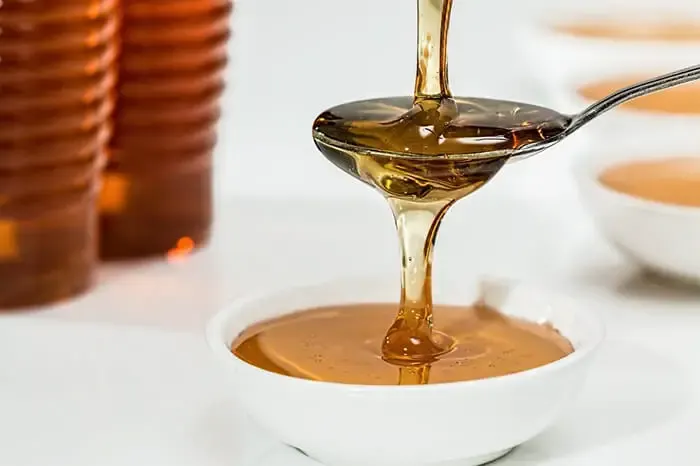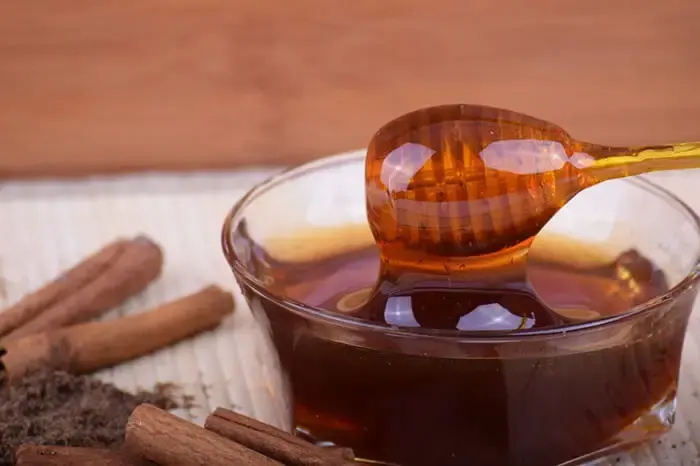Everyone loves the taste of sweet honey.
While there may not be a lot of difference between the taste of real and fake honey, there is a clear health difference.
Many people make the mistake of assuming that pricier honey is also healthier.
Food Safety News recently published a study about the honey market.
The investigation found that 76% of pure honey items available at grocery stores were processed through “ultra-filtration”.
This process involves the delicate removal of was and other impurities.
However, trace amounts of pollen also get removed during this process.

Generic brands were found to be the most likely to have been sent through this ultra-filtration process.
Issues with Ultra-Filtration
There are some notable issues with the process of ultra-filtration.
Many people think that pollen, along with other “impurities”, is beneficial to overall human health.
This makes honey a better sweetener than sugar and other less-than-ideal options.
Surprisingly, this extra step in the filtration process doesn’t have any obvious benefits.
Although some manufacturers claim the opposite, this process doesn’t improve shelf-life.
It also costs a lot of money in the long run.
According to Food Safety News, ultra-filtrated honey should be avoided because pollen is the only reliable way to determine the origins of the honey.
Many companies decide to use this unnecessary process in an attempt to mask the origins of their honey products.
Keeping the origin of the honey a secret is the only sensible justification for using this ultra-filtration process.

Vaughn Bryant is a professor at Texas A&M and a practicing melissopalynologyst.
He studied a host of samples sent by the Food Safety Network. His findings were incredibly revealing.
According to Bryant’s tests, three-fourths of the honey tested contained no pollen whatsoever.
This means that nearly 75% of the honey couldn’t be traced to any geographical location.
Bryant’s tests also revealed that honey purchased from farmer’s markets and co-ops contained all original amounts of pollen.
Many people have started pressuring the FDA to prevent companies from using this masking technique.
With the ultra-filtration process, companies can effectively erase the origins of their honey.
Smuggled or adulterated honey could easily be placed on a store shelf under these rules.
The European Union already requires honey manufacturers to label “pollen” as an ingredient when it is present.
Until the FDA pushes new regulations into effect, consumers will have to risk buying generic brand honey or stick to the farmer’s markets.
Natural food stores also have a good selection of natural, pure honey without any ultra-filtration.
